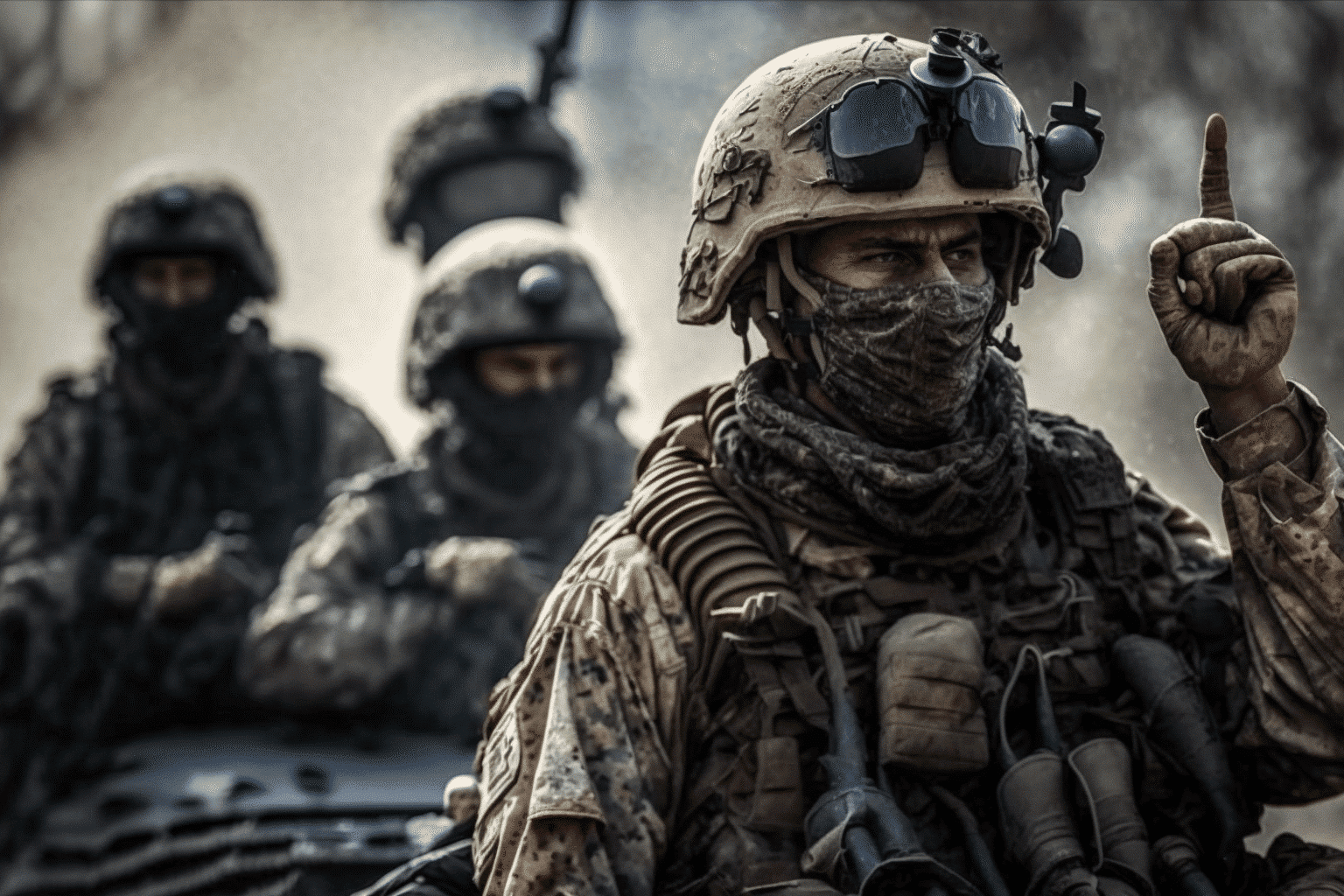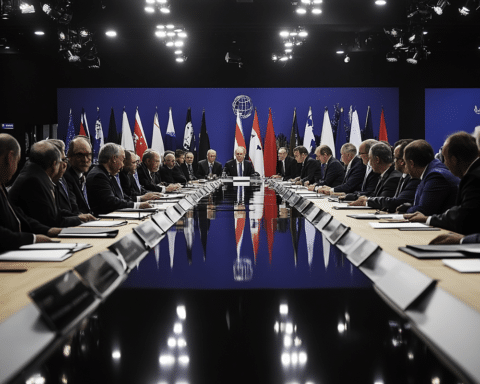US Defense Secretary Lloyd Austin engaged in a conversation with his Russian counterpart, Defense Minister Sergei Shoigu, on Wednesday regarding the recent destruction of a US drone over the Black Sea following an encounter with Russian fighter jets. This event marked the closest the two nations have come to direct conflict since Russia invaded Ukraine a year ago.
Austin’s call with Shoigu was their first since October, and Gen. Mark Milley, chairman of the Joint Chiefs of Staff, had a similar call with his Russian counterpart, Gen. Valery Gerasimov. Austin emphasized the importance of maintaining open communication lines to prevent misunderstandings and escalation.
The US military claimed that the drone was ditched into the sea after a Russian fighter jet poured fuel on the MQ-9 Reaper surveillance drone and struck its propeller in international airspace. Russia has denied responsibility for the incident. The US is currently working on declassifying surveillance footage that would showcase the crash.
The swift communication between the top US and Russian military leaders after the incident highlights the seriousness of the situation and the mutual recognition of the need to mitigate escalation risks. Since Russia invaded Ukraine, direct contact between both nations’ military leaders has been limited.
There are ongoing questions about whether Russia intended to down the drone, though the aggressive behaviour leading up to the crash was “intentional,” according to Milley. He and Austin have left the door open for possible recovery efforts for the downed $32 million drone, which crashed into deep waters.
US officials believe that sensitive intelligence from the drone is no longer valuable, as mitigating measures were taken. The incident will allow the US to conduct flights following international law.

Details of Milley’s call with Gerasimov remain private, and while the call between Austin and Shoigu aimed to de-escalate tensions, Russia’s public statements have not shown a similar tone. Russian Foreign Minister Sergey Lavrov and the Russian Defense Ministry have labelled US drone flights near Crimea as “provocative” and warned of a potential escalation in the Black Sea, though they also acknowledged the need for responsible actions and communication between the two nuclear powers.
The US and Russian military leaders’ decision to engage in dialogue emphasizes their commitment to avoiding further escalation and promoting transparency. However, both nations must maintain open communication and foster a constructive relationship to address ongoing issues and concerns.
As tensions between the US and Russia continue to be a global concern, the international community closely monitors the situation and the efforts made by both nations to prevent further escalation. The drone incident in the Black Sea is a stark reminder of the delicate balance of power and the potential for misunderstandings to spiral out of control.
The US, Russia, and other nations must continue to work together to address global security challenges, such as the ongoing conflict in Ukraine, and to develop mutual understanding, trust, and cooperation. Engaging in diplomatic efforts and maintaining open lines of communication will be vital to managing and resolving conflicts, mitigating risks, and ensuring global stability.
While the incident in the Black Sea may have strained relations, the fact that both US and Russian military leaders have been willing to discuss the matter demonstrates their recognition of the importance of diplomacy and open communication. Moving forward, it will be crucial for both nations to continue this dialogue and work together to address shared security concerns and ensure a more stable and peaceful international environment.




